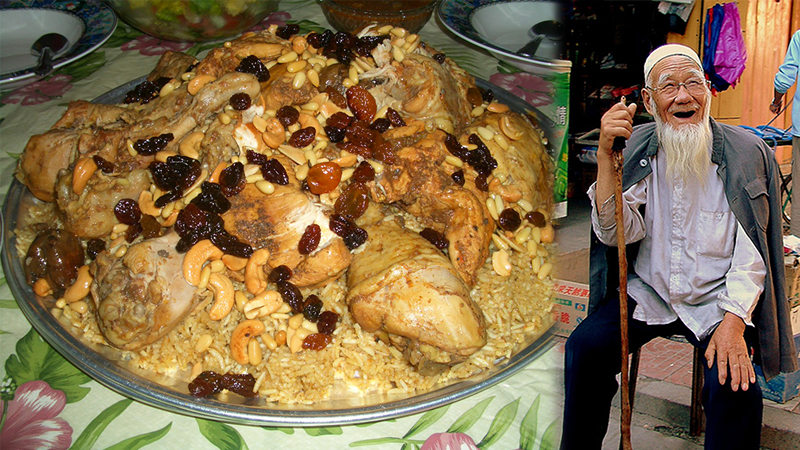Xinjiang: The authorities in China have banned the use of unauthorized halal logos in restaurants in Xinjiang’s capital Urumqi. The move is aimed to reduce religious symbolism in daily life, experts say.
The restaurants that meet the standards set by the China Islamic Association for Islamic cuisine can only use halal logos.
“To make sure the halal food is genuine is to protect Muslim consumers from spiritual harm. Fake halal food might not hurt their lives but will make them suffer mental trauma,” state media quoted the association as saying.
The region is home to millions of Uyghur Muslims. This region has witnessed unrest which was blamed on radical extremists by Beijing, but the rights group say that violence was triggered by Chinese government’s repressive policies.
The move to remove unauthorized logos was aimed at preventing the proliferation of fake Islamic cuisine.
Some other policies that imposed restrictions in the region include restrictions on wearing veils, sporting long beards and fasting during holy month of Ramzan.
In 2015, a man from Uyghur was sent to jail for six years for sporting a beard, his wife was imprisoned for two years for wearing a veil and burqa.
Urumqi-based official told the Global Times tabloid said that “Only restaurants with a proper halal certificate that complies with the halal standards of the association are allowed to hang signs with halal.”
Xi Wuyi, an expert on Marxism at the Chinese Academy of Social Sciences said that “Respecting dining habits of ethnic minority groups does not mean promoting the related religious factors in social life.”

